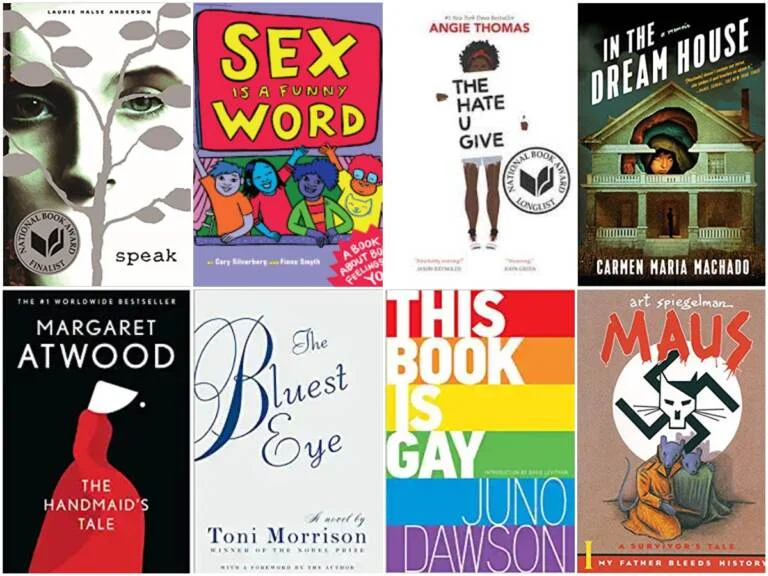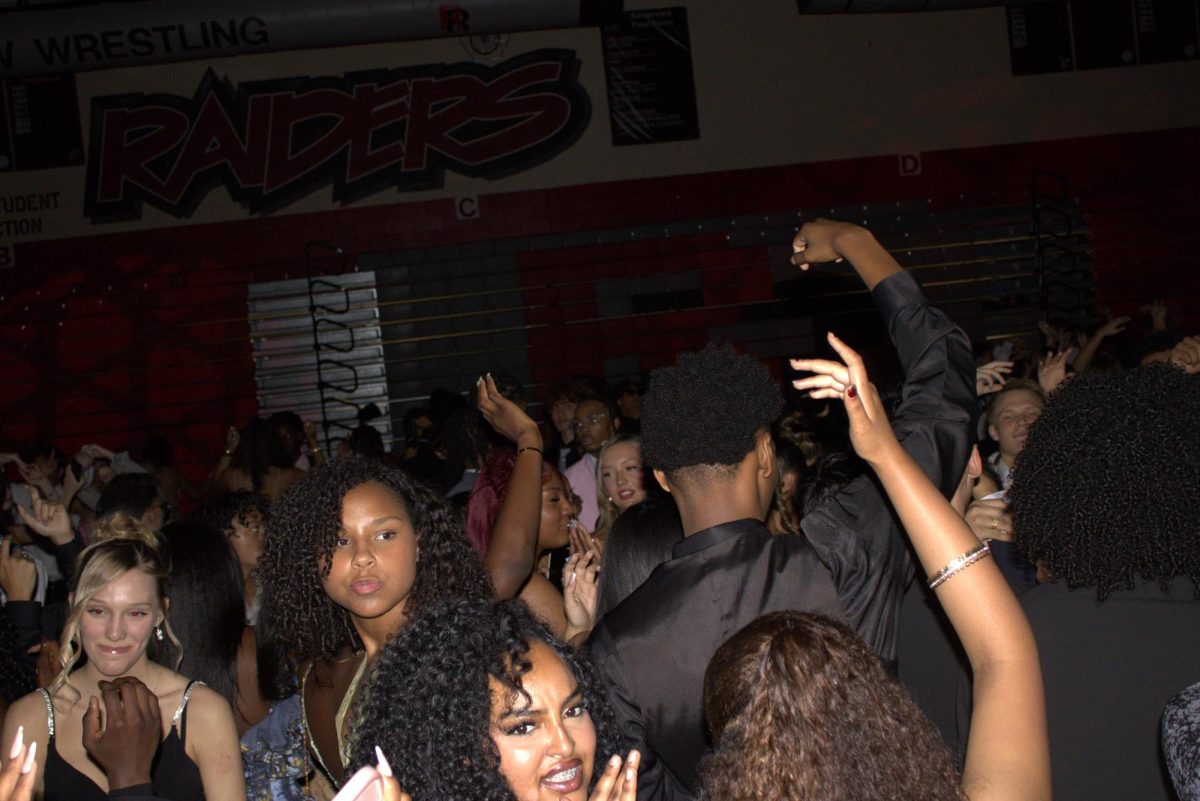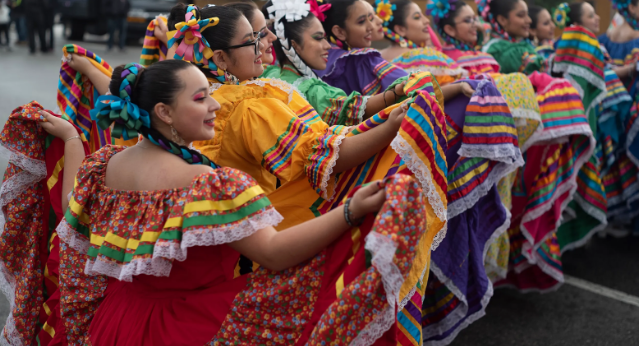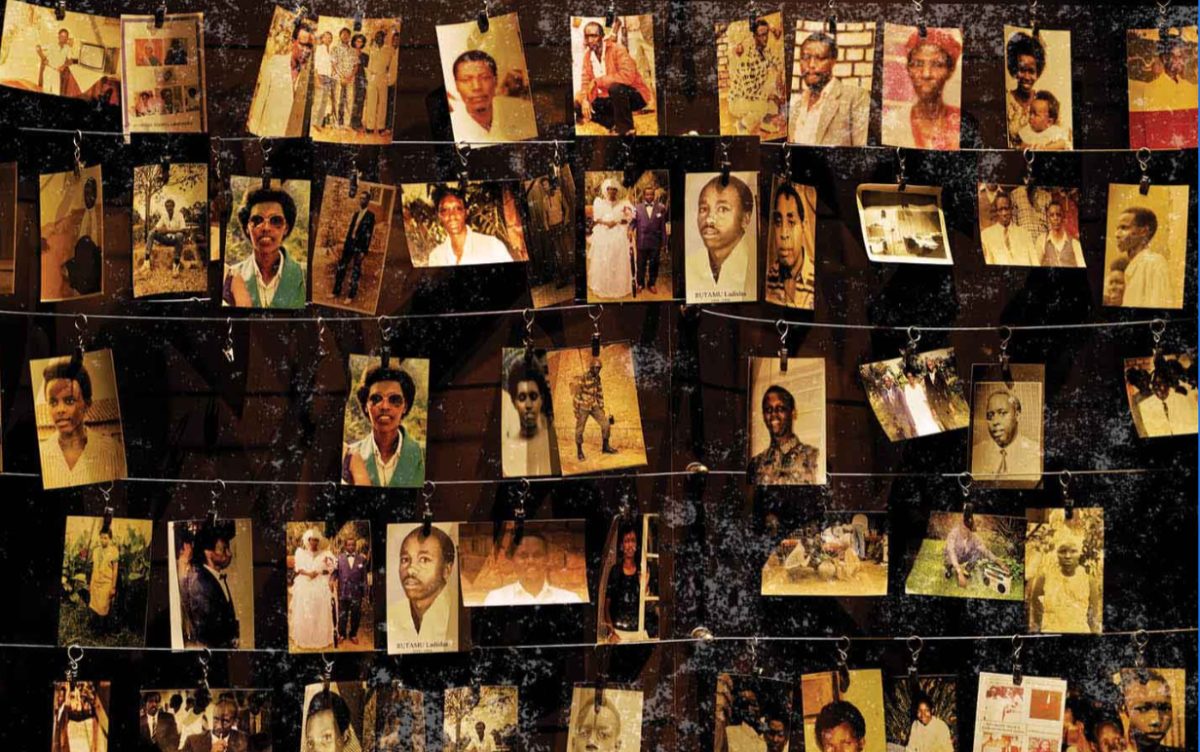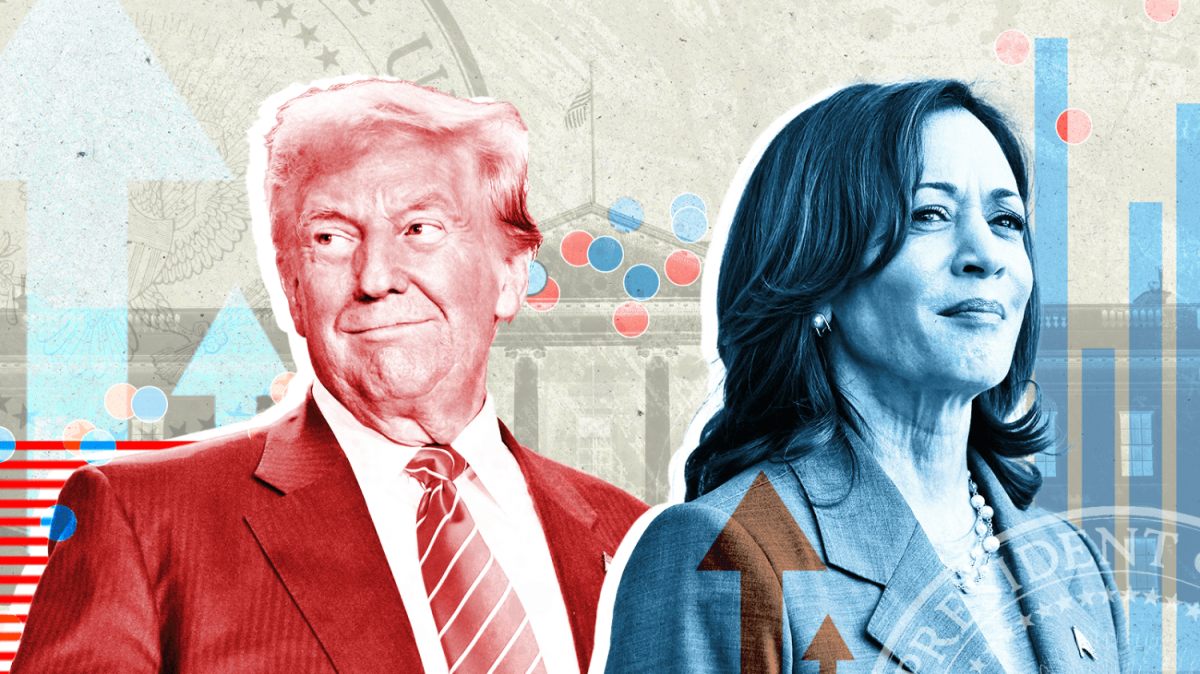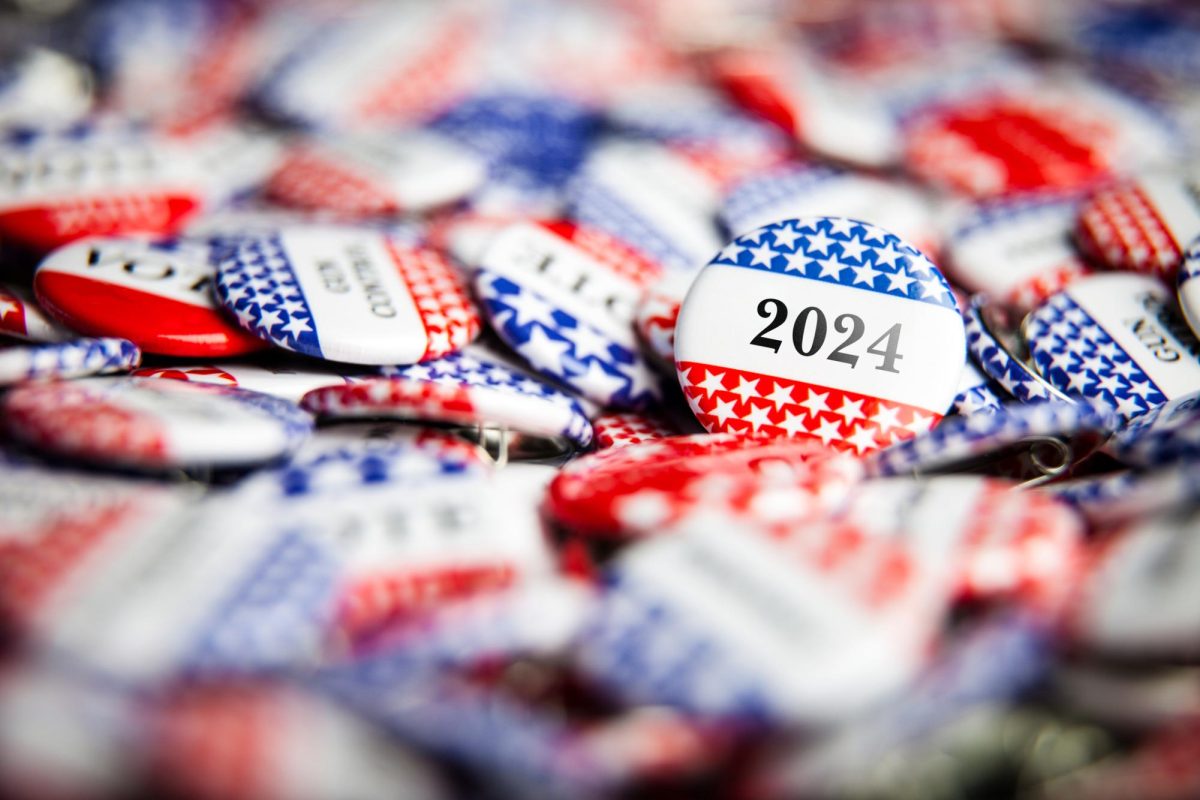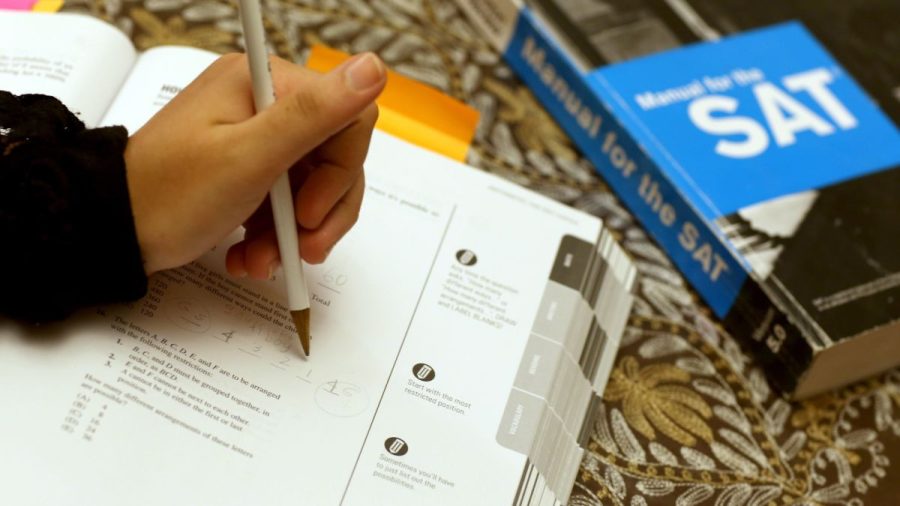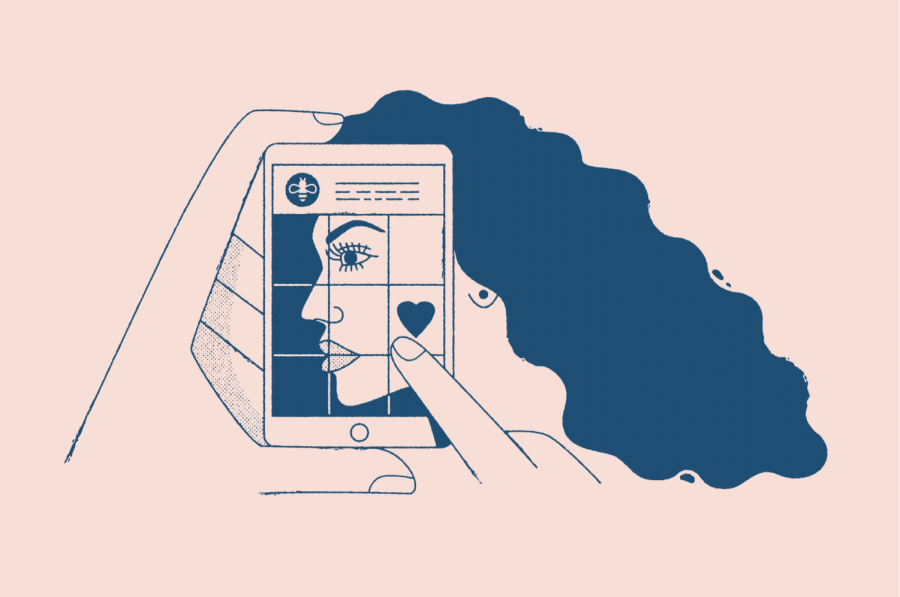During the overall hysteria resulting from 2020, many aspects of life seemed to be not only amplified but heavily criticized as well. One of the main targets under attack during this time was literature itself.
The repercussions correlating to said hysteria led to mass amounts of book banning in the United States with 273 titles being targeted in 2020, and 1,597 in 2021. That’s a near 485% increase from the previous year according to Words Rated. Clearly, book banning has been a sought after practice in recent years, but how does this impact the values of modern education, and where does this leave literature from a constitutional aspect?
As someone who was raised with the notion that education is fundamental to a successful future, and that knowledge is power, you can imagine my dismay when discovering the atrocities happening in Florida recently.
Titles such as Ghost Boys by Jewell Parker Rhodes, Red, White, and Royal Blue by Casey McQuiston, and The Hate You Give by Angie Thomas were all banned from schools in the 2022-23 school year in up to 21 counties.
This is especially concerning to me due to the principal messages that many of these “illegal” books convey. Many of the banned books in Florida are a result of Florida’s Don’t Say Gay bill that was enacted in March of 2022, and aim to prevent young adults from culturing themselves with LGBTQ+ communities.
Obviously, the ban on this demographic of literature is rooted in unrelenting homophobia from many Floridian communities, however this hasn’t stopped many children within those communities from speaking out regarding this injustice.
“Although there might be something in a book that some people don’t want there to be, the books ultimately have a message. … They should stay in the libraries,” said Riley Kellogg, a high school junior from Florida states.
However, many of these books, like Ghost Boys, a book that was incorporated in my 9th grade English curriculum, or even The Hill We Climb, a poem that Amanda Gorman wrote that signifies the centuries long battle for equality that African Americans have faced in American society, are grounded in teaching their audience about the realities of racial injustices in American society, with extremist Floridians like Manny Diaz claiming that critical race theory is “rooted in Marxism…” Clearly, the ban on books with LGBTQ+ characteristics aren’t the only forms of literature being targeted.
With Ron DeSantis himself pushing for other Republican and conservative states to further ban books and censor education in their states as well, while also spreading lies and misinformation about banning critical race theory and AP African American studies from educational institutions through his very own website!
It’s also evident that book banning is a form of disenfranchisement set upon institutions with the specific intent to undermine the experiences that African American people have faced in this country. Dating back to 1637, when Thomas Morton published his New English Canaan, a book that was heavily criticized for its critique of Puritan customs and power structures. As a result the Puritan government banned it.
It’s almost as if the Puritan government didn’t appreciate the ‘attack’ on their beliefs and banned Morton’s book to appease their personal agenda and beliefs. Hmm… now that I think about it, didn’t the Nazi’s burn books they deemed “Un-German” because those books didn’t align with their ideals?
It’s also almost as if Ron DeSantis did the exact same thing with books that surrounded the LGBTQ+ community and those regarding racial injustice.
In the aspect of authoritarianism, book banning and censorship isn’t uncommon. In fact, Hugo Chavez, an authoritarian president in Venezuela from 1998-2013, gradually cut off the influx of imported books claiming that all imported books would need to be approved, through application, by the government. As a result, this policy put more than 400 companies at risk, which roughly employed 35,000 workers.
Furthermore, book banning and educational censorship of this sort, are in direct violation of the first amendment which clearly states: “Congress shall make no law respecting an establishment of religion, or prohibiting the free exercise thereof; or abridging the freedom of speech, or of the press; or the right of the people peaceably to assemble, and to petition the Government for a redress of grievances.”
In terms of censorship, within a modern society that claims freedom is a necessity to the standing of democracy, leaders like Ron DeSantis threaten the American future.
So, what is there really to gain from this? In what ways do the American people benefit from a lack of education, and more importantly, the requisitioning of their voice?
The attack on literature is an attack on history, education, and the constitution itself.
